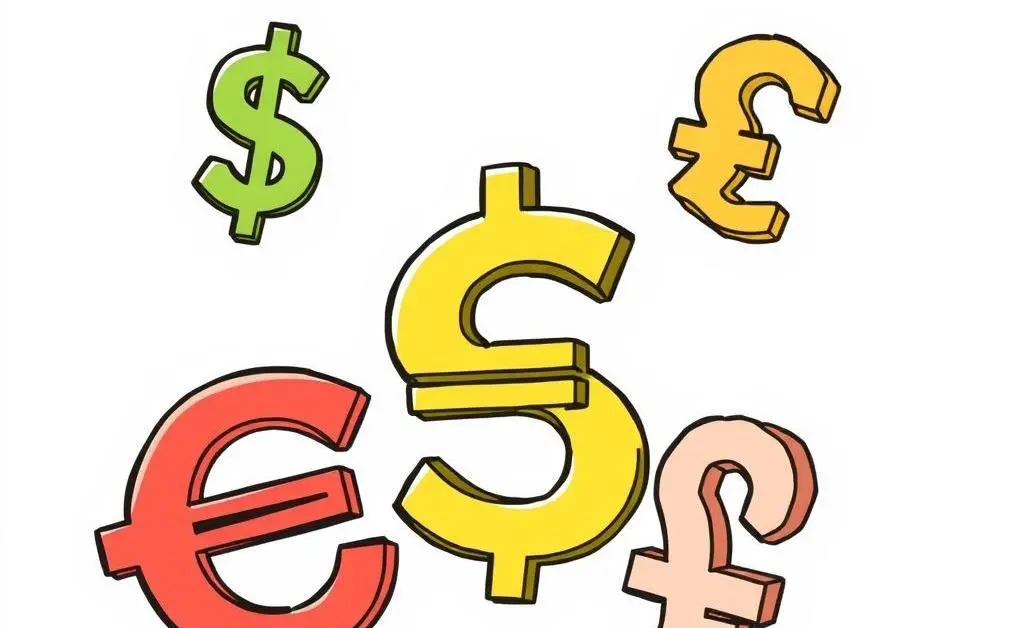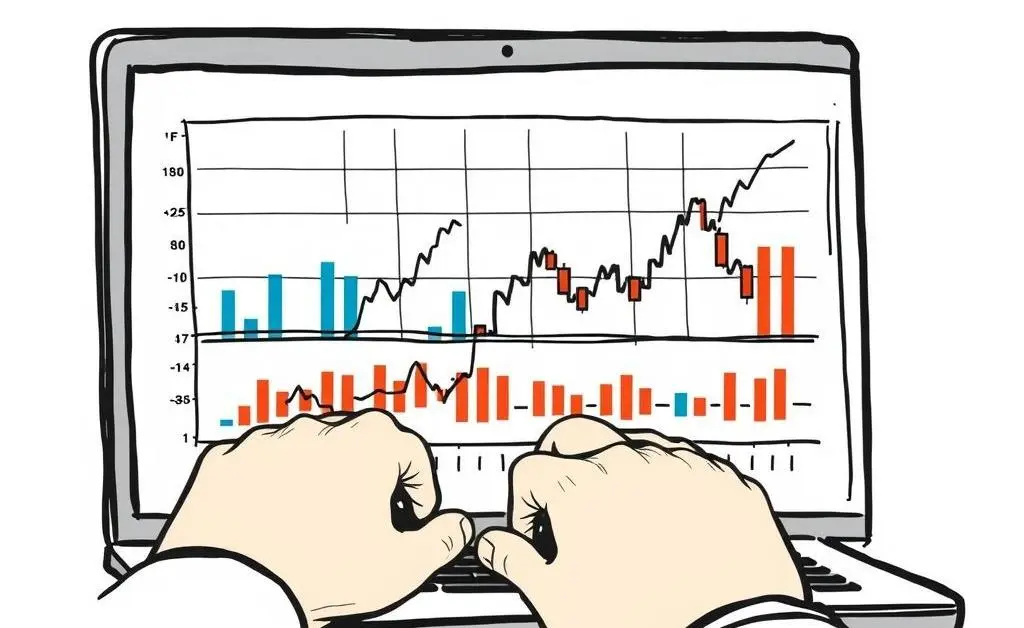Navigating International Investments: Should You Buy US Stocks in Europe?
Explore the nuances of buying U.S. stocks while living in Europe—currency impact, taxes, and investment strategies!

If you've ever found yourself living in Europe but itching to invest in U.S. stocks, you're not alone. It's a common curiosity—and one that brings with it a unique set of challenges and opportunities. Navigating the international investing landscape requires a little forethought and strategic planning. This guide highlights essential considerations and practical tips to help you make informed decisions when investing across borders.
Understanding Currency Exchange and Its Impact
When buying U.S. stocks in Europe, the first thing that probably comes to mind is currency exchange. The value of the euro against the dollar can fluctuate, impacting your investment returns. Imagine a situation where you purchase stock in U.S. dollars, and the dollar strengthens against the euro. That might initially sound profitable, but fluctuations can work both ways!

Consider this: the cost of your investments could increase or decrease based on these currency changes. It's crucial to monitor exchange rates and consider whether it's wise to invest directly, use an investment platform that handles the conversion, or hedge against fluctuations.
Taxation Considerations
Understanding tax implications in both countries is another vital aspect. Investing in U.S. stocks while residing in Europe can introduce complexities in tax obligations. You might need to deal with taxes on dividends both in the U.S. and your home country, with potential for double taxation.

Check treaties between your country and the U.S. that might afford you some relief. Often, countries have arrangements to avoid or reduce double taxation, but they require understanding and sometimes expert advice.
Choosing the Right Investment Platform
Now, let's talk platforms. Not all investment platforms are created equal. Some European-based platforms allow you to invest in U.S. stocks directly, handling currency conversion and reporting for local tax systems, but it's essential to understand their fee structures and services.
Many platforms offer competitive rates, while others might add costly fees for currency conversion or extra services. It's worth researching and comparing them carefully to find the best fit for your international investment strategy.
Is It Worth It?
Venturing into the world of international stock investments can be exciting and daunting. While the U.S. market offers tremendous growth potential, the risks from currency exchange, tax obligations, and fees should not be underestimated.

At the end of the day, whether investing in U.S. stocks from Europe is prudent depends on your personal financial goals and risk tolerance. Always conduct thorough research and consider seeking professional financial advice.
What matters is balancing your portfolio to weather market volatility while maximizing opportunities—keeping a keen eye on the international stage makes for a well-rounded investment adventure. So, are you ready to dive into international investing?




